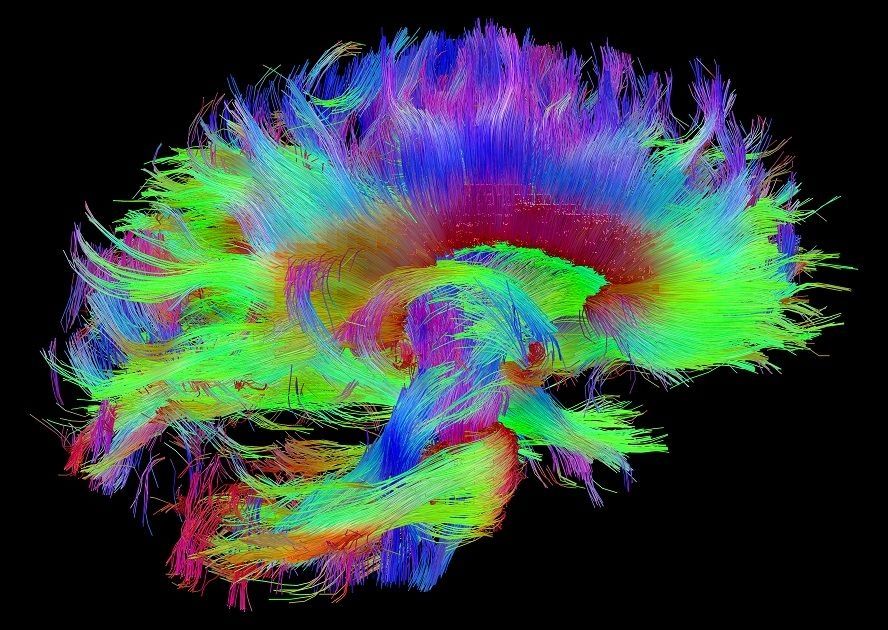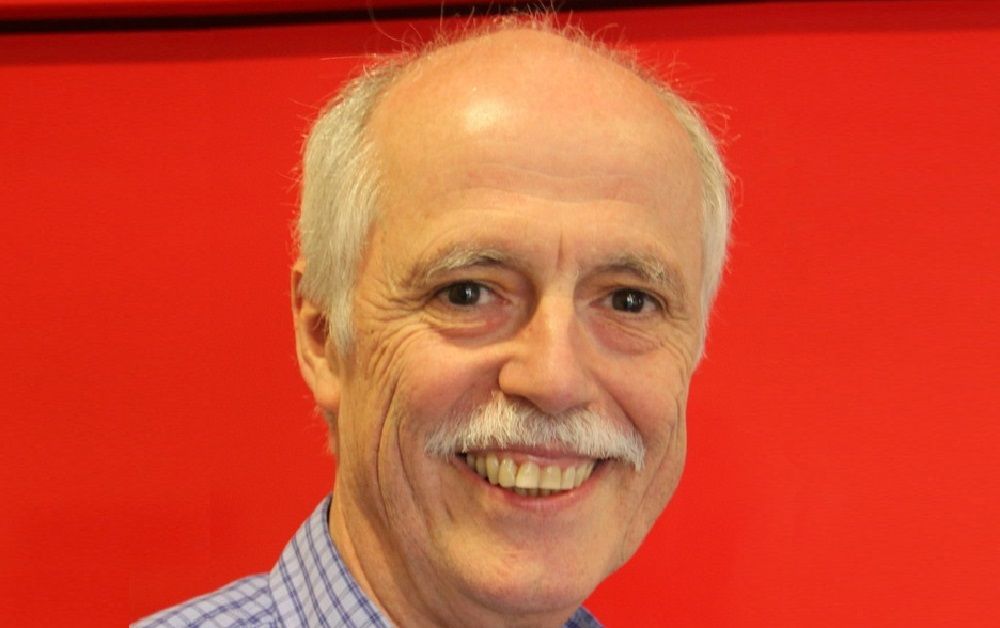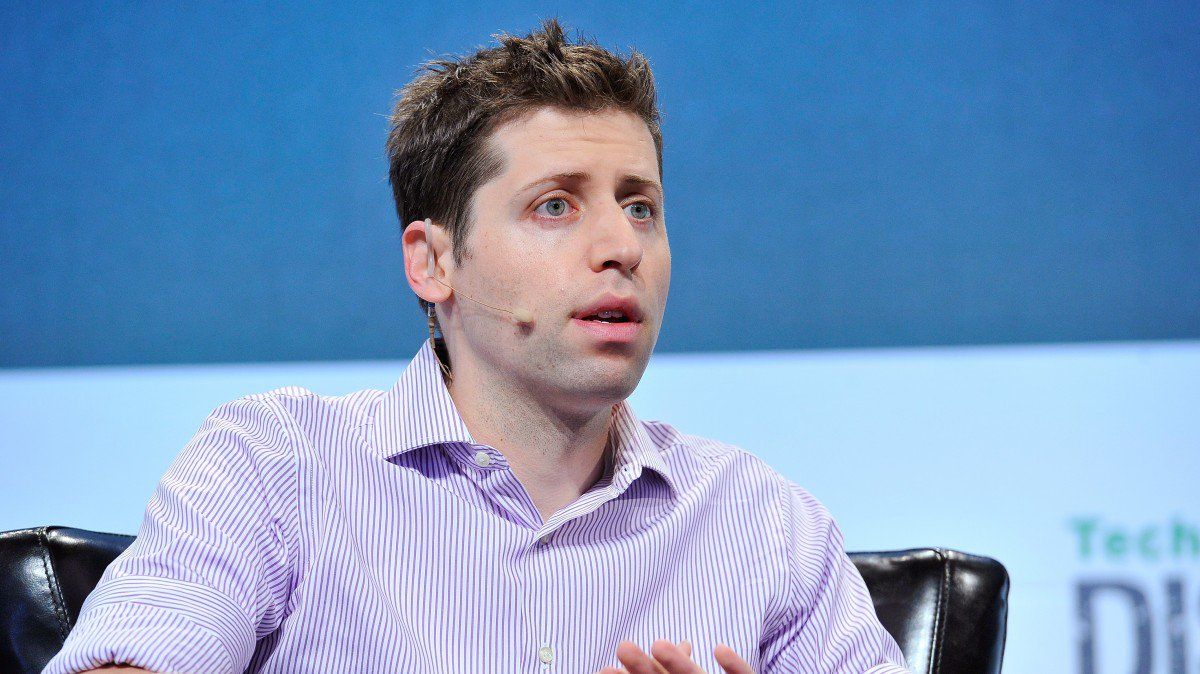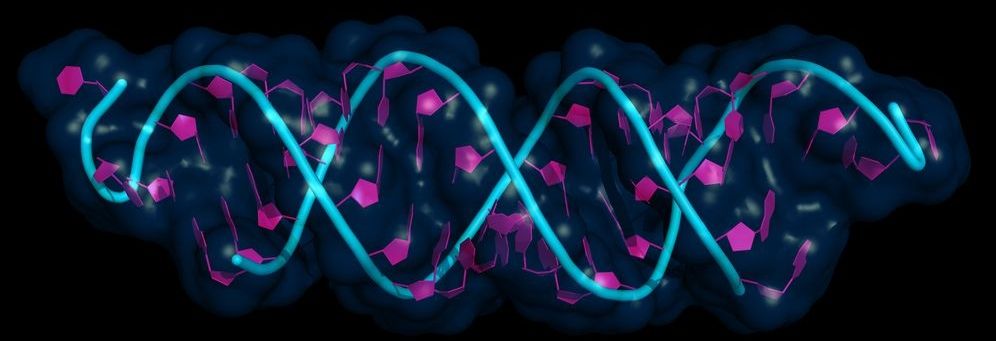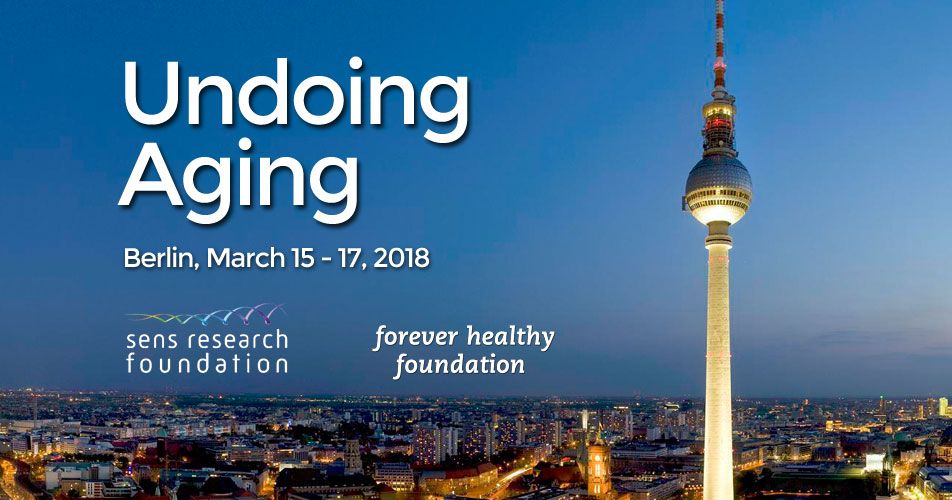Scientists are searching for an effective Parkinsons treatment.
Summary: A disease-modifying drug for Parkinson’s disease remains the goal of researchers as they develop promising treatments using gene therapy, autophagy upregulators, and brain mapping. [Author: Brady Hartman. This article first appeared on LongevityFacts.]
Parkinson’s, Alzheimer’s and other forms of dementia are diseases of aging, and the incidence of these conditions rise with each passing year. Doctors expect these disorders to ramp up with increasing life expectancies.
Researchers aren’t just focusing on treatments for Alzheimer’s disease. Fortunately, scientists throughout the world are developing promising treatments for Parkinson’s disease as well.
